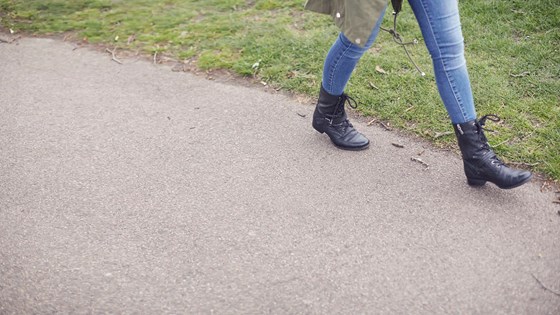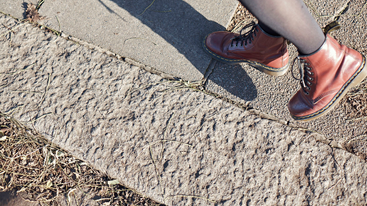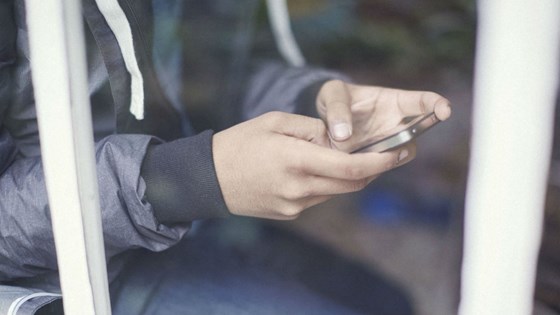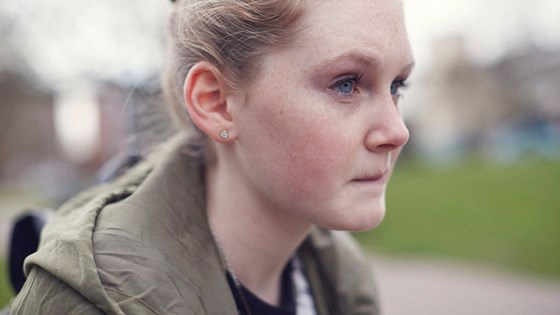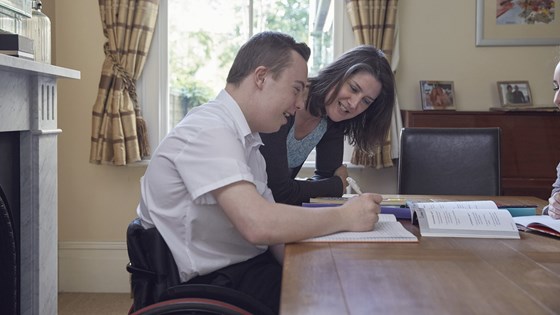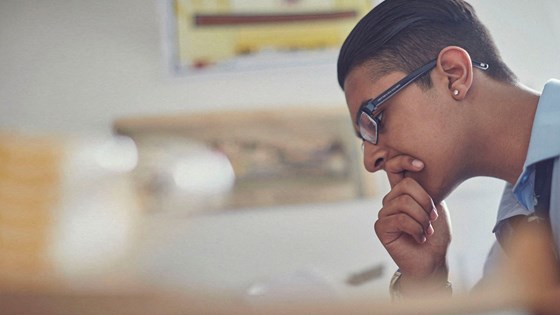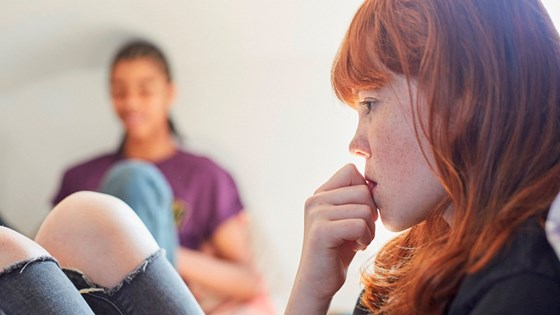Witnessing a crime
Witnessing a crime can be very stressful. You might feel confused and unsure what to do. It can be even more confusing if you know the person who committed the crime, or they are part of your family. You might not want to get anybody into trouble, or you might be afraid for your own safety if you tell someone.
If you tell someone about it, you might still feel shaken, angry, shocked, frightened or anxious about what you've seen, or like you can't stop thinking about it.
It's important that you take care of yourself and get support in a situation like this. If you have told the police already, it might be a good idea to mention your feelings to them, or an adult you trust. If the crime was serious, your description of what you saw could help the victim get justice. Seeing a crime sometimes means you have to go to a court hearing so they can hear you describe what you saw. Find out more about going to court.
Contacting a counsellor could also help you work out what you might want to say to the police and talk you through your options for getting help.


